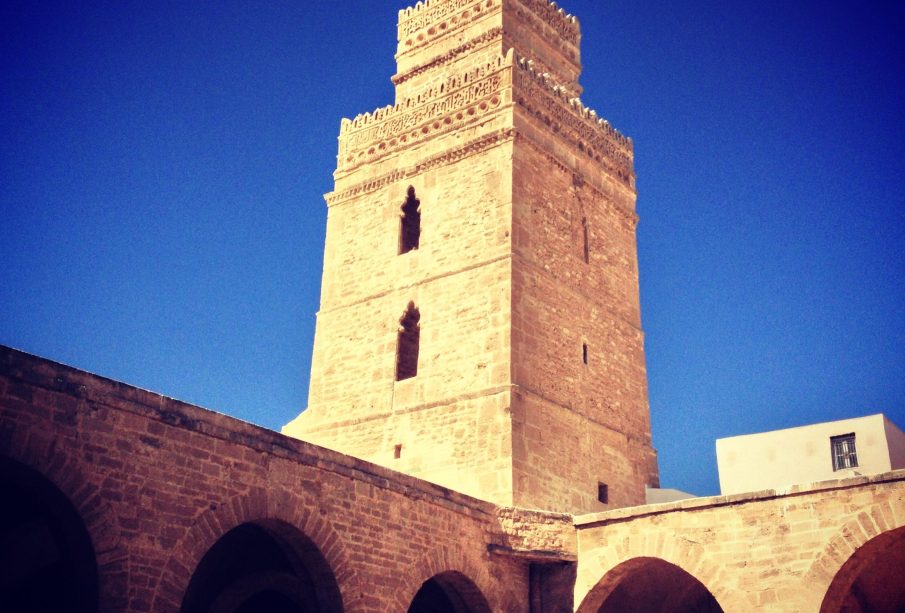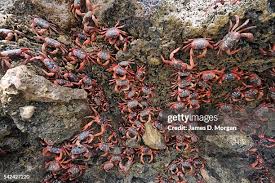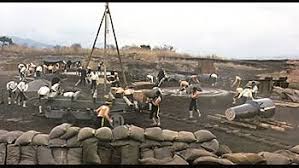Discovering Sfax: Tunisia’s Economic and Cultural Gem

Introduction to Sfax
Sfax, a coastal city in Tunisia, holds a significant place in the country’s economy and culture. With a population of over 300,000, it is Tunisia’s second-largest city after Tunis. The importance of Sfax lies not only in its rich historical tapestry, which dates back to Phoenician times, but also in its modern role as a major economic and commercial centre. The city’s strategic location along the Mediterranean coast has further enhanced its relevance in trade and tourism.
Economic Development in Sfax
Recently, Sfax has witnessed a transformation, with new initiatives aimed at boosting its economy. The city is known for its olive oil and fishing industries, but efforts are being made to diversify and enhance other sectors. The establishment of the Sfax Technopole, a technology and innovation park, aims to foster startups and technological advancements. This initiative is expected to create jobs and attract investment, securing Sfax’s future as a vital economic player in Tunisia.
Additionally, the local government has targeted the tourism sector, promoting Sfax’s historical sites such as the Medina of Sfax, a UNESCO World Heritage site. Recent investments in infrastructure, including the expansion of the Sfax–Thyna International Airport, have further positioned the city as a hub for both domestic and international tourism.
Social and Cultural Significance
Beyond its economic importance, Sfax is rich in culture and tradition. The city’s historical significance is evident in its architecture, with numerous mosques, palaces, and markets dating back centuries. Annual festivals celebrating local arts, music, and gastronomy draw crowds from across the nation and beyond, helping to preserve and promote Tunisian culture.
Moreover, home to several universities, Sfax plays a crucial role in education, contributing to the intellectual growth of the nation. The blend of tradition and modernity found in Sfax makes it a unique city that appeals to both residents and visitors alike.
Conclusion
As Sfax continues to develop and innovate, its role as an essential hub for commerce, tourism, and education seems poised to strengthen. The city’s ability to embrace change while preserving its historical roots is critical for its future. For readers interested in the emerging opportunities and rich cultural tapestry of Tunisia, Sfax represents a compelling destination that combines the best of both worlds.









